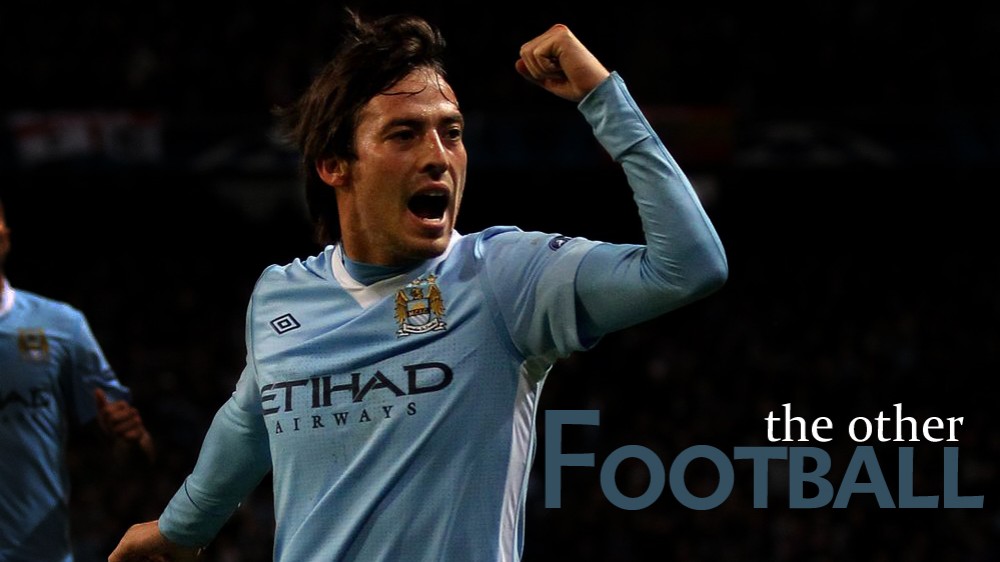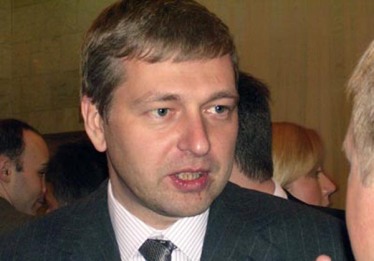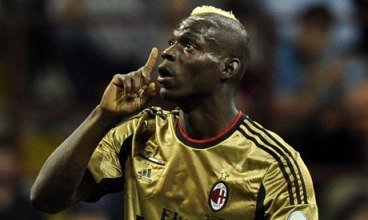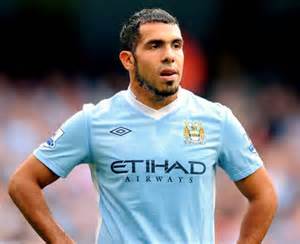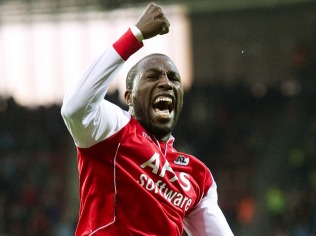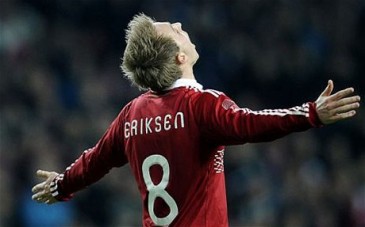Throughout the season, we’ve heard teams were going to be spending less with UEFA’s Financial Fair Play on the horizon. Straddled with the fear of being excluded from the continental competitions, clubs were supposed to be looking to expand their sides with the cheapest possible options or relying on their current players to improve in an effort to foster progression. However, one look at the moves being lined up for the summer will tell you (whether they are true or not) that most of the bigger clubs don’t believe FFP is an issue.
Soon-to-be Ligue 1 side Monaco has money to spend and they seem to be in pole position to land Radamel Falcao from Atletico Madrid in a spectacular transfer coup and yet, there are reports linking them with numerous other high value players such as Carlos Tevez and Bacary Sagna. I find it hard to believe that Monaco’s income will balance out their purchases if they do indeed get Falcao and, let’s say, Tevez. Those two players alone would come with a ridiculously high price tag.
The Ligue 1 new boys are just the tip of the iceberg. Chelsea and Manchester City look to be back in for big summers with new managers coming to Stamford Bridge and the Etihad, respectively, despite the Premier League instituting it’s own financial regulations. Manchester United posted record profit, but getting Cristiano Ronaldo would put a gigantic dent into it.
And you can bet that the rumblings that financial fair play is actually illegal has something to do with the empty threat that it poses.
Just last week, news broke that Belgium-registered agent Daniel Striani filed an official challenge to the rules with the European Commission claiming that they restricted his income.
Striani will be represented by Belgian lawyer, Jean Louis-Dupont. If you don’t remember who he is, in 1995, he represented Jean Marc-Bosman and defeated UEFA and the commission when Bosman’s football contract denied him freedom of movement. Prior to this, clubs in some parts of Europe were able to prevent their players from transferring to other countries even if their contracts had expired.
UEFA believes they have an open-and-shut case because the European Club Association agreed to the rules. However, the ECA only has 207 members. All Striani needs is for other clubs to back him and the expected five-year legal fight may not go in UEFA’s favor.
Regardless of what happens in this case, it looks like clubs are willing to continue to spend wildly in order to improve their squads. It’s simple math. If a club wants to win trophies, they have to spend money. If they don’t win trophies, they won’t make money. If they don’t have the quality to win, they won’t win trophies anyway.
The solution? Throw caution to the wind, forget about FFP for a summer and break the bank to win as many trophies and as much money as possible before it catches up to you.
